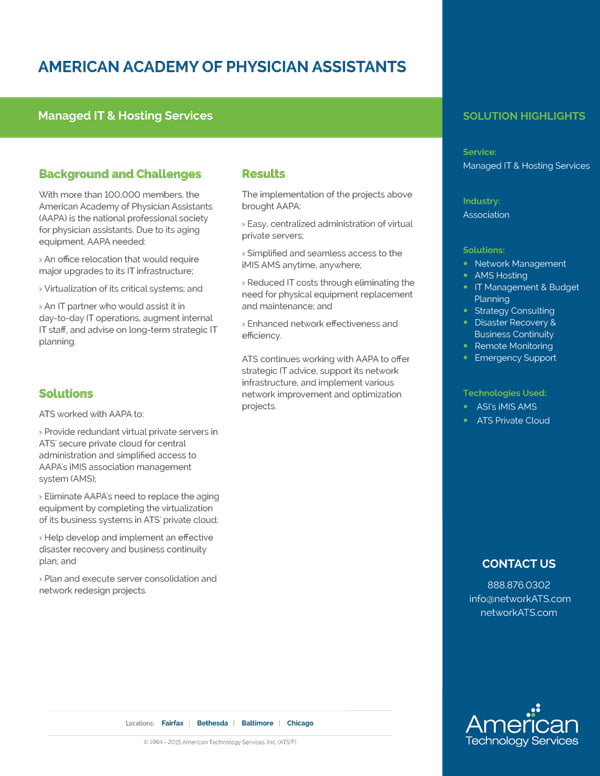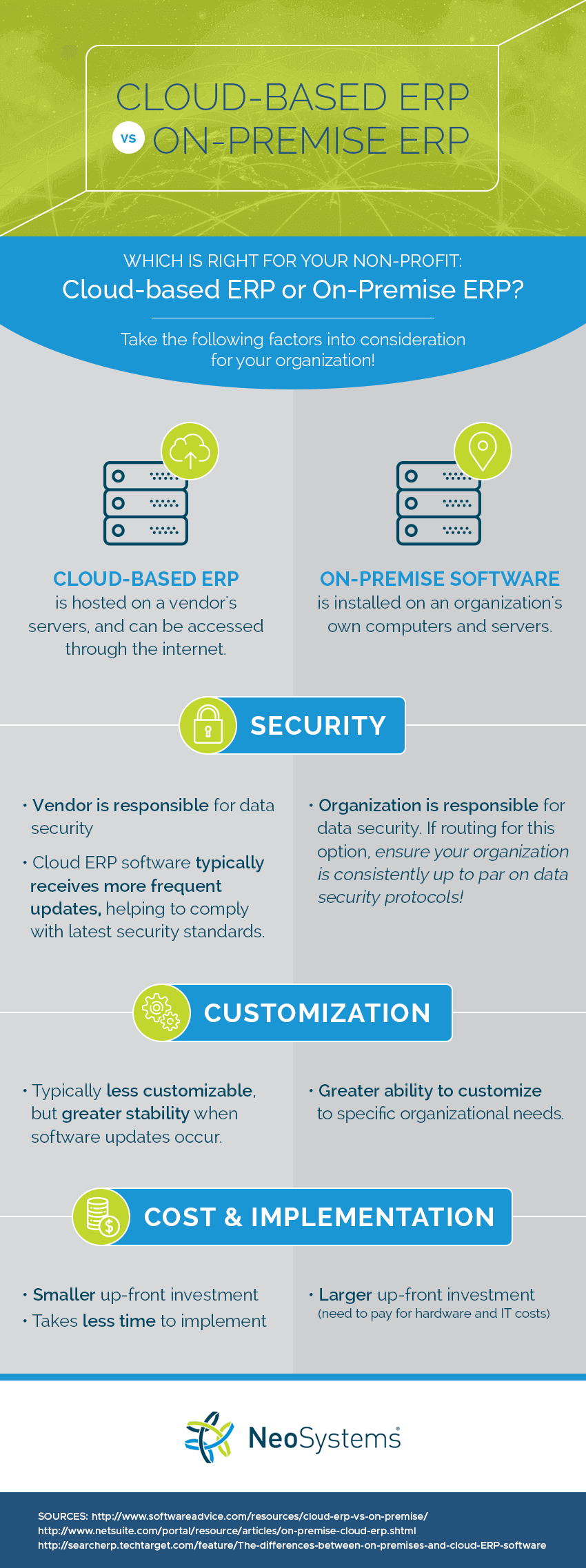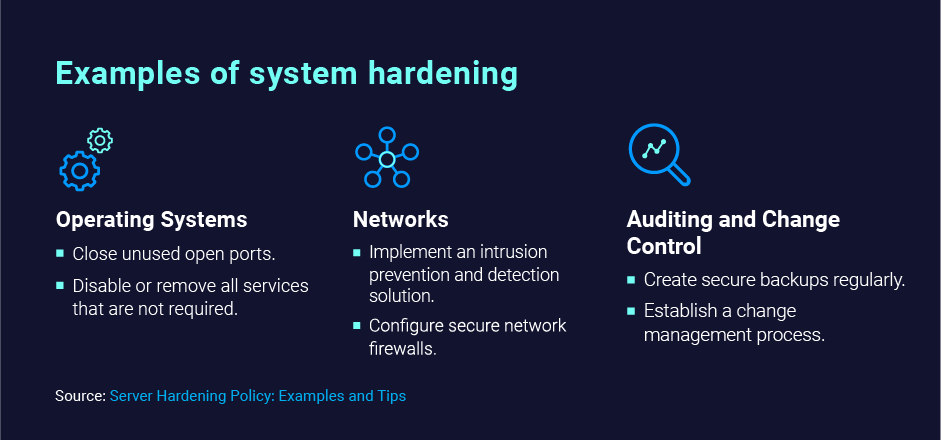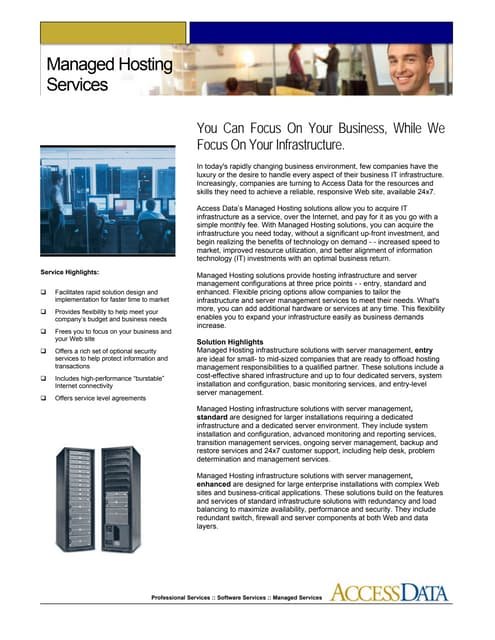Ensure your hosting provider offers 24/7 support. Regularly monitor and optimize performance.
Managed hosting solutions can greatly enhance your website’s performance and security. These services offer expert management of servers, leaving you free to focus on your business. With managed hosting, you get reliable support, regular updates, and enhanced security. This can lead to improved user experience and higher website uptime.
Always choose a provider with a proven track record and excellent customer reviews. Regularly monitoring and optimizing your hosting can prevent issues and boost efficiency. Managed hosting solutions are ideal for businesses looking to maintain a robust online presence without the hassle of technical management.
Choosing The Right Managed Hosting Provider
Selecting the right managed hosting provider can be challenging. It is crucial to find a provider that meets your unique needs. This ensures optimal performance and security for your online assets.
Assessing Your Needs
Before choosing a managed hosting provider, assess your needs. Determine the specific requirements of your website or application.
- Traffic Volume: Estimate the expected traffic to your site.
- Security Requirements: Identify the level of security you need.
- Support Services: Decide what kind of support you require.
- Scalability: Consider future growth and scaling needs.
Comparing Providers
Once you know your needs, compare different providers. Evaluate them based on the following criteria:
| Criteria | Provider A | Provider B | Provider C |
|---|---|---|---|
| Uptime Guarantee | 99.9% | 99.95% | 99.8% |
| Customer Support | 24/7 Phone Support | Email & Chat Support | 24/7 Chat Support |
| Security Features | SSL, DDoS Protection | Firewall, SSL | DDoS, WAF |
| Pricing | $30/month | $25/month | $35/month |
Use the table to compare key features and pricing. Choose the provider that best fits your needs and budget.

Credit: networkats.com
Understanding Managed Hosting Benefits
Choosing managed hosting solutions can greatly impact your business. Understanding the benefits helps in making an informed decision. Let’s dive into the key advantages of managed hosting.
Enhanced Security
Managed hosting provides enhanced security measures. It includes regular updates and monitoring. This ensures your data stays protected from threats. With managed hosting, security experts handle vulnerabilities. They apply patches and upgrades promptly.
Below is a table highlighting security features:
| Feature | Benefit |
|---|---|
| Firewall Protection | Blocks unauthorized access |
| Regular Backups | Ensures data recovery |
| 24/7 Monitoring | Identifies threats in real-time |
Scalability Options
Managed hosting offers scalability options for growing businesses. You can easily upgrade resources. This includes CPU, RAM, and storage. Managed hosting providers allow seamless scaling without downtime.
Here are some common scalability benefits:
- Adjust resources based on demand
- Cost-effective scaling solutions
- Automatic resource management
These features ensure your website performs optimally. As traffic increases, resources adapt to maintain performance.
Planning Your Implementation
Implementing managed hosting solutions requires careful planning. You need to ensure a smooth transition and effective deployment. This section will guide you through the essential steps for planning your implementation.
Setting Clear Goals
Start by setting clear and achievable goals. These goals will guide your implementation process.
- Identify your needs: Understand the specific requirements of your business.
- Define success: What does a successful implementation look like?
- Set measurable objectives: Use metrics to track progress and success.
Establishing A Timeline
Next, establish a realistic timeline. This ensures that your project stays on track.
- Break down tasks: Divide your project into manageable tasks.
- Set deadlines: Assign deadlines to each task.
- Monitor progress: Regularly review progress against your timeline.
Consider creating a table to track your timeline:
| Task | Deadline | Status |
|---|---|---|
| Identify needs | Week 1 | Completed |
| Set goals | Week 2 | In progress |
| Break down tasks | Week 3 | Pending |

Credit: www.neosystemscorp.com
Data Migration Strategies
Implementing managed hosting solutions involves several critical steps. One vital aspect is Data Migration Strategies. Proper data migration ensures smooth transitions and protects your data integrity. Here are some essential tips for effective data migration.
Backup Procedures
Backup Procedures are crucial before starting any data migration. Always create multiple backups of your data. Use both on-site and off-site storage solutions. This ensures data is safe and recoverable if issues arise.
- Create an initial full backup of your data.
- Schedule regular incremental backups.
- Store backups in secure and separate locations.
Testing your backups is equally important. Run restore tests to ensure data integrity. This practice minimizes the risk of data loss during migration.
Minimizing Downtime
Minimizing Downtime is crucial for seamless transitions. Downtime can disrupt business operations and affect user experience. Here are some strategies to minimize downtime:
- Plan your migration during off-peak hours.
- Use a phased migration approach.
- Implement load balancing to distribute traffic.
| Strategy | Benefit |
|---|---|
| Off-Peak Hours | Reduces user impact |
| Phased Migration | Ensures stability |
| Load Balancing | Maintains performance |
These steps ensure a smooth data migration process with minimal disruption. Proper planning and execution are key to success.
Optimizing Performance
Implementing managed hosting solutions can significantly enhance your website’s performance. Optimizing performance ensures that your website runs smoothly, providing a better user experience. This section will delve into effective strategies for optimizing your managed hosting solution.
Load Balancing
Load balancing is crucial for maintaining website performance. It distributes incoming network traffic across multiple servers. This process ensures no single server bears too much load.
Key Benefits of Load Balancing:
- Improves website response time.
- Ensures high availability and reliability.
- Prevents server overload and downtime.
Use load balancing to manage traffic efficiently. Implementing a load balancer can optimize your server resources and improve user experience.
Resource Allocation
Proper resource allocation ensures that your server resources are used efficiently. Allocate resources based on your website’s requirements.
Effective Resource Allocation Tips:
- Monitor your server performance regularly.
- Identify resource-intensive applications.
- Allocate additional resources to high-demand areas.
Consider using a scalable hosting solution. This allows you to adjust resources as needed, ensuring optimal performance under varying loads.
| Resource | Usage | Optimization Tip |
|---|---|---|
| CPU | High during peak traffic | Implement caching mechanisms |
| Memory | Varies with application demand | Optimize application code |
| Storage | Depends on data volume | Use efficient data storage solutions |

Credit: blog.netwrix.com
Ensuring Security
Security is crucial for managed hosting solutions. Implementing strong security measures ensures your data stays safe. Here are some important tips to ensure security in your managed hosting solutions.
Regular Updates
Keep your software up-to-date. Regular updates fix security vulnerabilities. Schedule updates to run automatically. This ensures your system is always protected. Outdated software is an easy target for hackers.
Monitoring And Alerts
Set up monitoring tools to watch your system. These tools can detect unusual activities. Alerts notify you immediately of any issues. Monitoring helps you respond quickly to potential threats. Use tools that offer real-time monitoring and alerts.
| Monitoring Tool | Feature |
|---|---|
| Tool A | Real-time alerts |
| Tool B | 24/7 monitoring |
- Enable firewall protection.
- Use strong passwords and change them regularly.
- Implement two-factor authentication.
Ensuring security involves multiple steps. Regular updates and monitoring are key components. Protect your managed hosting solutions with these tips.
Cost Management
Implementing managed hosting solutions can significantly enhance your website’s performance. But managing costs effectively is crucial for long-term success. This section will guide you through essential tips for cost management.
Budget Planning
Effective budget planning is the foundation of cost management. Start by outlining all potential expenses related to managed hosting. This includes:
- Initial setup fees
- Monthly hosting charges
- Additional storage costs
- Support and maintenance fees
Create a detailed budget that covers these expenses. Allocate funds wisely to avoid overspending. Consider future growth and scalability. Preparing for unexpected costs is vital. Keep a buffer in your budget for such scenarios.
Cost-effective Solutions
Finding cost-effective solutions can help you save money. Look for managed hosting providers offering competitive pricing. Here are some strategies:
- Compare different providers and their pricing plans.
- Opt for annual plans instead of monthly plans to get discounts.
- Utilize scalable solutions that grow with your business needs.
- Consider shared hosting for smaller websites to cut costs.
Many providers offer bundled services at a reduced price. These bundles often include security, backups, and monitoring services. Choosing bundled services can be more economical.
Evaluate the necessity of each service. Sometimes, you may not need all the offered features. Only pay for what your business requires.
Ongoing Maintenance
Ongoing maintenance is essential for any managed hosting solution. It ensures your website remains secure, up-to-date, and performs optimally. Regular checks and updates can help prevent issues before they become major problems.
Regular Audits
Conducting regular audits is crucial for the health of your managed hosting solution. These audits help identify potential vulnerabilities and performance bottlenecks. Schedule audits monthly or quarterly to stay ahead of issues.
- Check for security vulnerabilities
- Update software and plugins
- Monitor server performance
- Review backup procedures
Customer Support
Good customer support can make a big difference in managed hosting. Ensure your hosting provider offers 24/7 support to handle any issues promptly.
| Support Type | Availability |
|---|---|
| Live Chat | 24/7 |
| Email Support | 24/7 |
| Phone Support | Business Hours |
Quick response times can save you a lot of trouble. Always choose a provider with a strong support system.
Frequently Asked Questions
What Is Managed Hosting?
Managed hosting is a service where the hosting provider handles server management. This includes maintenance, security, and backups. It’s ideal for businesses needing reliable, hassle-free hosting.
Why Choose Managed Hosting Solutions?
Managed hosting solutions offer expert server management. This ensures optimal performance, robust security, and regular updates. It allows businesses to focus on growth without worrying about server issues.
How Does Managed Hosting Improve Performance?
Managed hosting optimizes server performance through expert management. Providers ensure fast load times, minimal downtime, and efficient resource allocation. This leads to a smoother user experience.
What Security Features Come With Managed Hosting?
Managed hosting includes advanced security features. These often include firewalls, malware scans, regular updates, and backups. Providers also monitor for threats, ensuring your data remains safe.
Conclusion
Implementing managed hosting solutions can greatly enhance your website’s performance. Follow these tips for a smooth transition and optimal results. Choose a reliable provider, ensure regular updates, and prioritize security. Keep your website running efficiently with expert-managed hosting. Your business will benefit from improved uptime and support.





